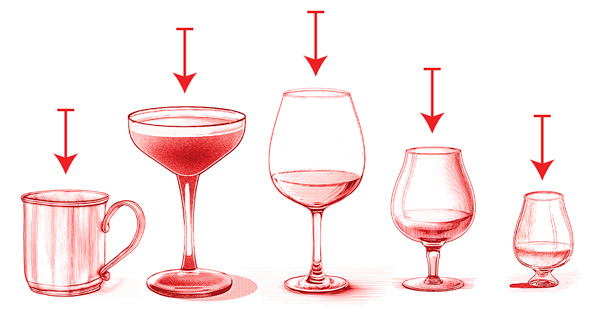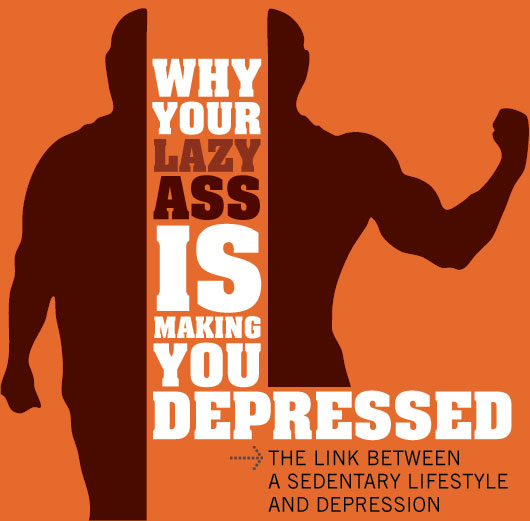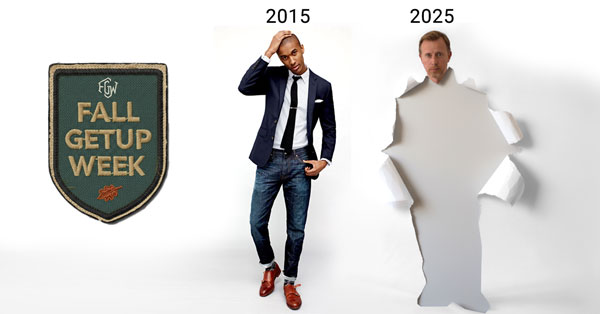First off, everybody thinks critically. You can’t avoid it. The bottom line on critical thinking is that you take a bunch of information, you sit there, it rolls around in that helmet you (and I) call a head, and after a while, in my case a long while, I come up with some course of action, that hopefully will not land me flat on my face.
You use your experiences, intuition, education, niceness, ruthlessness, everything. The thing of it is, we too often go with our gut—especially if you’ve read Blink, by Malcolm Gladwell. You have to discipline your brain to work within a measurable system, or else all you get is lots of brilliant noise. Great ideas that go nowhere for various reasons, amazing insights that bear little on the problem at hand, that kind of stuff. It isn’t your fault necessarily though, and after reading through this bare bones system, you’ll have a leg up on the idiot in the cubicle next door. Trust me on this.
Critical thinking really only involves four basic steps, although the names and how people map out the process change. The first thing, which is probably what got you reading this in the first place, is to identify the problem.
Gather & Sort
The next step is gathering any information you think you need to solve the problem, and discarding any information that is unreliable or irrelevant. In this day and age, there’s really no excuse not to know enough about your problem. Look online. Browse the local bookstore. Go to the library. Ask friends, family, doctors, lawyers, whoever might have the information you need. Don’t think you know it all. I can virtually guarantee you no matter how smart you think you are, you’re missing something.
In other words, don’t decide your boss is out to get you because he gave his nephew the job you wanted. You not getting the promotion isn’t enough information to reach that conclusion. That conclusion has no ‘warrant.' You could, however, reach the conclusion that the guy is qualified (although that would be weird, right?). It’s also possible you’re being considered for another, similar position, if the time has come to hand out rewards for a job well done. It might be that you messed up something you haven’t been told you messed up yet. The bottom line here is that you don’t, under any circumstances, arrive at a conclusion until you’ve gathered enough information that your conclusion isn’t mere speculation. And if you think you’ve got the whole picture, well…
Stop Thinking About it
The third step is to synthesize the information: this is the part most people are really bad at. Step three is basically “sleep on it”—let your brain work its magic, let it sort through the information you’ve gathered, gain time, gain perspective, hash it out. If you’re working on a project and your team is stuck, take a break, go out and have a drink, go kayaking for the weekend, find a stunningly gorgeous woman and have yourself a torrid (but safe) weekend. The worst thing you can do is obsess over a problem. And most often, you’re better off if you stop work for a full weekend or more and come back to it later—you’ll probably waste less time. Relaxing is an integral part of remaining at peak efficiency.
Many studies over the years have shown the detrimental effects that sleep deprivation has on productivity. The same goes for generalized stress from overwork—take a step back—you can’t do it in a marathon session—the more you strain your brain, the less effectively it works. I often force my clients to come with me to Pearl Paint in Chinatown to pick out art supplies (and believe me, to a workaholic it’s like they’ve been kidnapped). I really don’t care what they pick, paint, costume jewelry stuff, balsa wood modeling, anything really. And then I make them spend the entire next day using the stuff to make something for their kid, wife, mom or whoever. It’s amazing—they stop midday or so to jot down the solution to whatever job related crap was driving them batty. Your brain is exquisitely designed to do its job. Let it.
Think critically and answer this: is it better to waste three days coming up with a workaround for a piece of software, or taking an entire day off, and seeing the solution as soon as you walk in a day later?
Act On It
Step Four is something most guys are bad at. See, after you’ve done all this information and wool gathering, you’re supposed to do something with it. At least, so I’ve been told. I sometimes attribute the lack of follow through to a fear of success. Success just makes you feel the pressure even more the next time the company’s counting on your brilliantly empty noggin (this is a compliment, by the way—my noggin is exquisitely and brilliantly empty most days, and I’m damn proud of it—it’s always ready for a challenge).
So, after you’ve gone through the trouble of buying umpteen million books on finance, after you’ve quizzed your friends until they’re sick of seeing your mouth flap, after you’ve decided the how's, what's, and wherefore's, go and do it. Jeez. If you can’t, then start again: this time with this problem: how the hell do I stop procrastinating? Read the self help crap, see your therapist, learn about yourself and what makes you tick, keep plugging away at it, work this system, and no problem is beyond solving. Just don’t get myopic. Give yourself some slack once in a while; remember, you can’t do everything in one shot.
I can almost promise you that if you continue to inform yourself, if you keep reading and asking questions, if you spend some time each week going over the stuff you’ve learned from different sources—you’re going to have a Blink moment. Call it an epiphany if you like. The bottom line is that at some point, your brain, usually without asking you, is going to decide you’ve got enough information to do the thing you need to, and just like that, the answer will pop into your empty ass helmet. I promise. I think I was born in the “Show Me State” (Missouri)—you’ve got an empty ass helmet in my book until you get up, think the stuff through, and figure out your problem. Then get back to me.
So go! Get back to work—time is money!
















